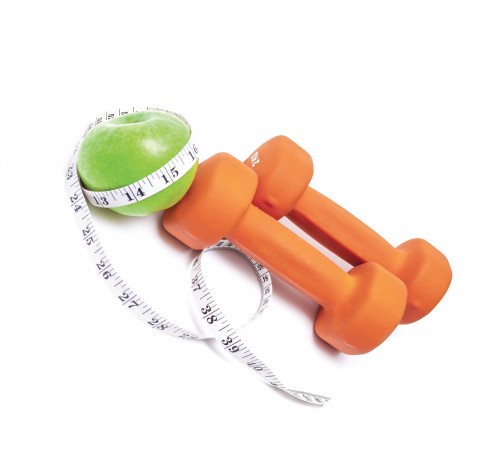
The principle of healthy eating when exercising, such as splitting up many small meals during the day or drinking lots of water, is almost unchanged even if you play any subject. The only difference is probably the amount of calories that need to be loaded into the body depending on the intensity of the exercise.
Nutritional balance
Please temporarily forget about the issue of weight loss but still focus on a diet – exercise for the body as healthy as the athlete. Clearly, sports athletes do not practice running for hours and abstain from eating in order to have a body model. Their goal is to achieve the right amount of weight that allows their bodies to show their athletic skills in the most optimal way without feeling heavy.
The nutrition rate in healthy meals for athletes according to experts’ research is 55% of energy from starch, 25% protein and 20% fat. However, you don’t need to be accurate and obsessive about it. At each meal, you only need half a dish of carb, a quarter of protein and the rest of the foods that are good for health and fiber from green vegetables.
Eat in the right way at the right time
When adding energy to the training process, the time to eat is the most important. Eating at the right time is a factor that helps exercise efficiency to be maximized. For an athlete, they usually have 3-4 meals and many snacks in the alternating day between the sessions.
Breakfast is the first major meal of the day that you should never miss because your body has consumed most of the energy loaded from the previous day after a sound sleep. Before exercising, you will want to eat a little so that your body has energy but still does not make your stomach uncomfortable during exercise. It is best to eat 30 minutes before exercise to avoid digestive disorders. After exercising, muscle groups need to receive protein immediately because after training the ability to absorb and nourish muscles is the best. Within 30 minutes from the end of the session, drink protein milk or eat protein-rich foods like grilled chicken breast with vegetables to restore muscle. Besides, a suitable amount of starch will offset the energy you have consumed but this will not be the “main character” in these meals.
Drink enough water

Water retention is essential because dehydration affects sports activities directly. For athletes, on average, every 1kg of body weight will need 60ml of additional water. Even without training days, don’t forget to drink water regularly because drinking water today will increase your body’s strength tomorrow.